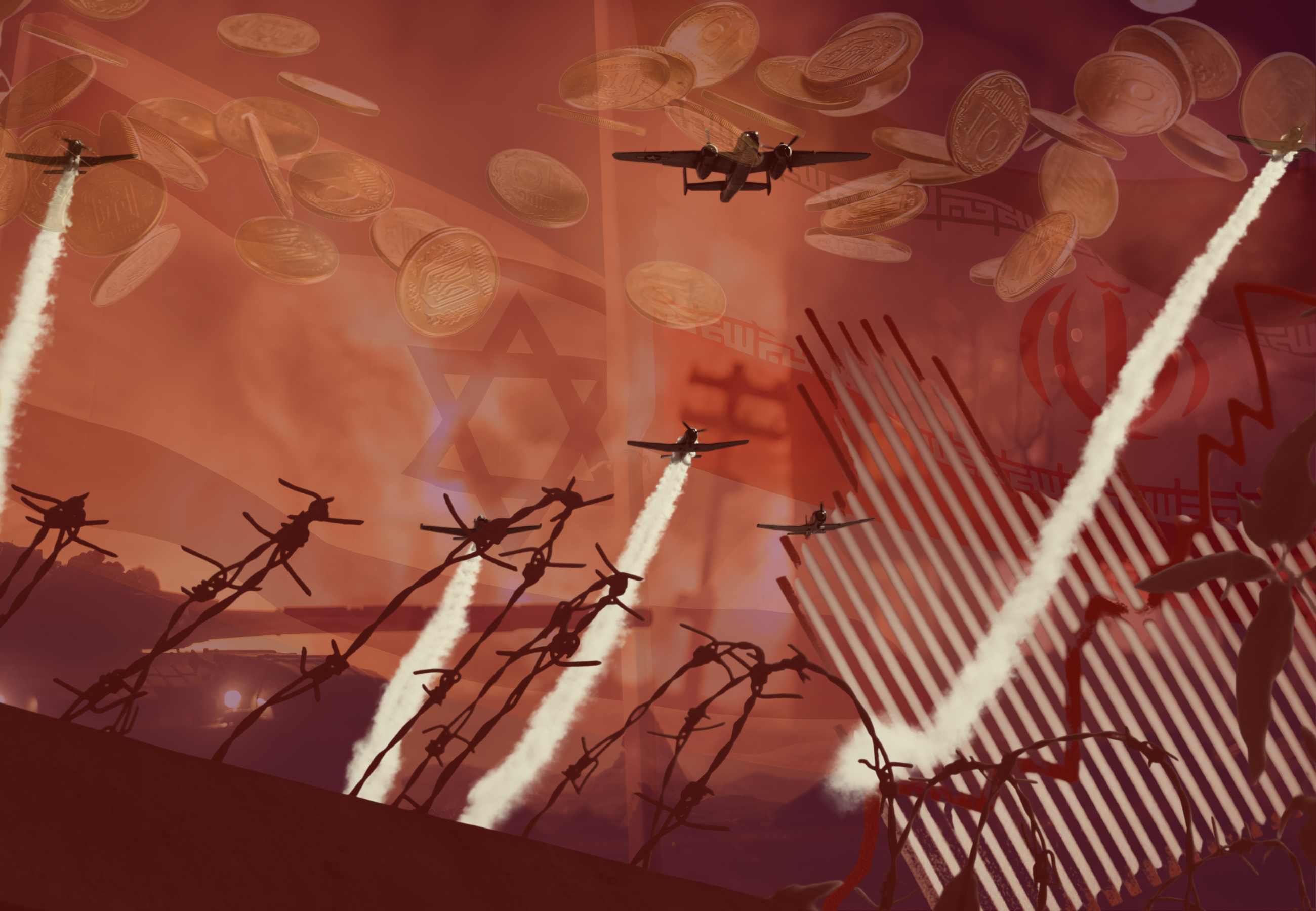BusinessMirror, Frontline Tonight discussed effect of Iran-Israel conflict on PH economy

CHEERS TO the BusinessMirror and TV5’s Frontline Tonight for reporting on the outbreak of conflict between Iran and Israel and drawing out the impact of the conflict on the Philippine economy.
Israel launched attacks on Iran’s nuclear and military sites on June 13, escalating the growing tension between the two countries. Iran retaliated with its attacks on Israel before agreeing to a ceasefire. Philippine media focused on the status of overseas Filipinos affected by the airstrikes and the government’s repatriation efforts to bring them home.
Reports of Frontline Tonight and BusinessMirror on June 23 to June 24 drew out the impact of the conflict on the Philippine economy and direct effects of world affairs on people’s lives.
Oil price increase
The decision of the Iranian Parliament to close the Strait of Hormuz, a key route for the transport of global oil and natural gas, raised concerns about the disruption of supplies of oil and oil products.
Frontline Tonight’s News ExplainED by Ed Lingao discussed the crucial importance of the Hormuz Strait to oil distribution to net importers, including the Philippines. His explainer noted that the majority of the oil-producing countries in the Middle East depend on this route to distribute oil supplies and its closure causes the price of gasoline and diesel to rise globally. Eighty-five percent of the oil distributed by Middle Eastern countries goes to Asia.
Andrea San Juan of BusinessMirror cited economists who forecasted a “catastrophic” effect in the Philippines should Iran close the strait completely. The closure, these experts said, would trigger increases in oil prices, and consequently, in goods and services.
Domino effect
The spike in oil prices affects both production and consumption. Cai Ordinario of BusinessMirror presented the “ripple effect” of oil price increases on wage and employment rates in the country.
Her report cited economists, who said workers will respond to these increases by asking for a wage increase, raising labor and production costs that will in turn affect everyone.
The report also noted the risk of displacement for overseas Filipino workers (OFWs) and the downsizing of businesses to meet the demands of production costs.
Reports captured the global perspective and its impact on the national condition. Journalists must deliver news in anticipation of effects and conditions that may cause hardship for many and for which people must be prepared to deal with.
Leave a Reply